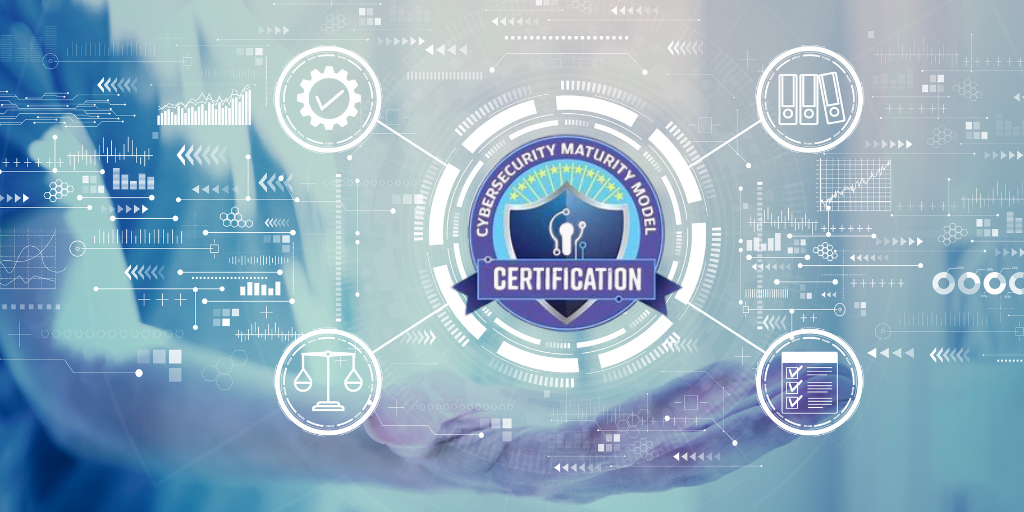Addressing CMMC Compliance Gaps for Small Businesses
Navigating the complex landscape of CMMC compliance can be a daunting task for small businesses, but with the right strategies, achieving and...

You can learn how to protect your valuable data with these essential backup strategies.
Regular backups are crucial for protecting your valuable data. They can help you avoid losing important information during a system failure, data corruption, or a cyberattack. Regularly backing up your data ensures that you have a recent and accessible copy of your files that can be quickly restored. This can save you from significant downtime and potential loss of critical business information.
A consistent backup schedule is critical to maintaining the integrity of your data. Could you set a regular time to perform daily, weekly, or monthly backups, depending on your business needs? Additionally, it's essential to choose a reliable backup method that suits your requirements and ensures the security of your data.
There are various backup methods available to safeguard your data. Understanding the different types can help you choose the most appropriate one for your business. Some standard backup methods include:
- Full Backup: This method involves creating a complete copy of all your data, including files, folders, and system settings. It provides the highest level of data protection but can be time-consuming and requires significant storage space.
- Incremental Backup: Only the changes made since the last backup are saved with this method. It is faster and requires less storage space compared to a full backup. However, restoring data may take longer, requiring multiple backup sets.
- Differential Backup: Similar to incremental backup, differential backup also saves changes made since the last full backup. However, it does not replace the previous differential backups. Each differential backup includes all changes made since the last full backup.
Choosing the correct backup method depends on factors such as the size of your data, available storage capacity, and recovery time objectives. I'd like to point out that evaluating your business requirements and selecting a process that balances data protection and efficiency is essential.
Manual backups can be time-consuming and prone to human error. Implementing automated backup solutions can streamline the process and ensure regular and consistent backups without relying on manual intervention.
Once set up, automated backups run automatically according to the defined schedule, eliminating the need for manual initiation. Automated backups ensure that backups are performed regularly according to the specified frequency, reducing the risk of missed backups. Computerized solutions make backups less likely to be forgotten or skipped, providing more data protection. Automated backups can save time and resources by completing backups in the background, allowing employees to focus on other essential tasks.
Several automated backup solutions are available, ranging from cloud-based services to dedicated backup software. When selecting the most suitable solution for your business, consider your budget, storage requirements, and ease of use.
Storing backups solely on-premises can leave your data vulnerable to physical disasters like fires, floods, or theft. Offsite backups provide additional protection by storing your data in a different location, away from your primary business premises.
When considering offsite backup options, keep the following in mind:
- Cloud Storage: Cloud backup services offer secure and scalable offsite storage options. They provide easy access to your data from any location, ensuring quick recovery in a disaster. However, choosing a reputable and reliable cloud service provider that meets your security and compliance requirements is crucial.
- Physical Offsite Storage: If you prefer physical copies of your backups, you can store them in a secure offsite location, such as a vault or a dedicated backup facility. Please ensure that the storage location is protected against physical threats and that appropriate security measures are in place.
An offsite backup strategy adds an extra layer of security to your data, minimizing the risk of data loss and increasing your ability to recover quickly in the face of a disaster.
Having a backup system in place is not enough. Regular testing and monitoring are essential to ensure the effectiveness and reliability of your backups.
Periodically test the restoration process by performing test recoveries. This helps identify potential issues or gaps in your backup system, allowing you to address them proactively. Verify the integrity of your backups by checking if they are free from corruption or errors. This can be done through regular integrity checks or by performing trial restores. Monitor the logs your backup system generates to ensure that backups are running successfully as per the defined schedule. Regularly review the logs for any errors or warnings that may indicate a problem with the backup process.
By regularly testing and monitoring your backup system, you can have confidence in its ability to protect your data and quickly restore it when needed.

Navigating the complex landscape of CMMC compliance can be a daunting task for small businesses, but with the right strategies, achieving and...

In an increasingly digital world, non-profits are prime targets for cyber threats. You can just discover how a Virtual CISO can protect your...

Small businesses must prioritize secure messaging to protect sensitive information and maintain customer trust.